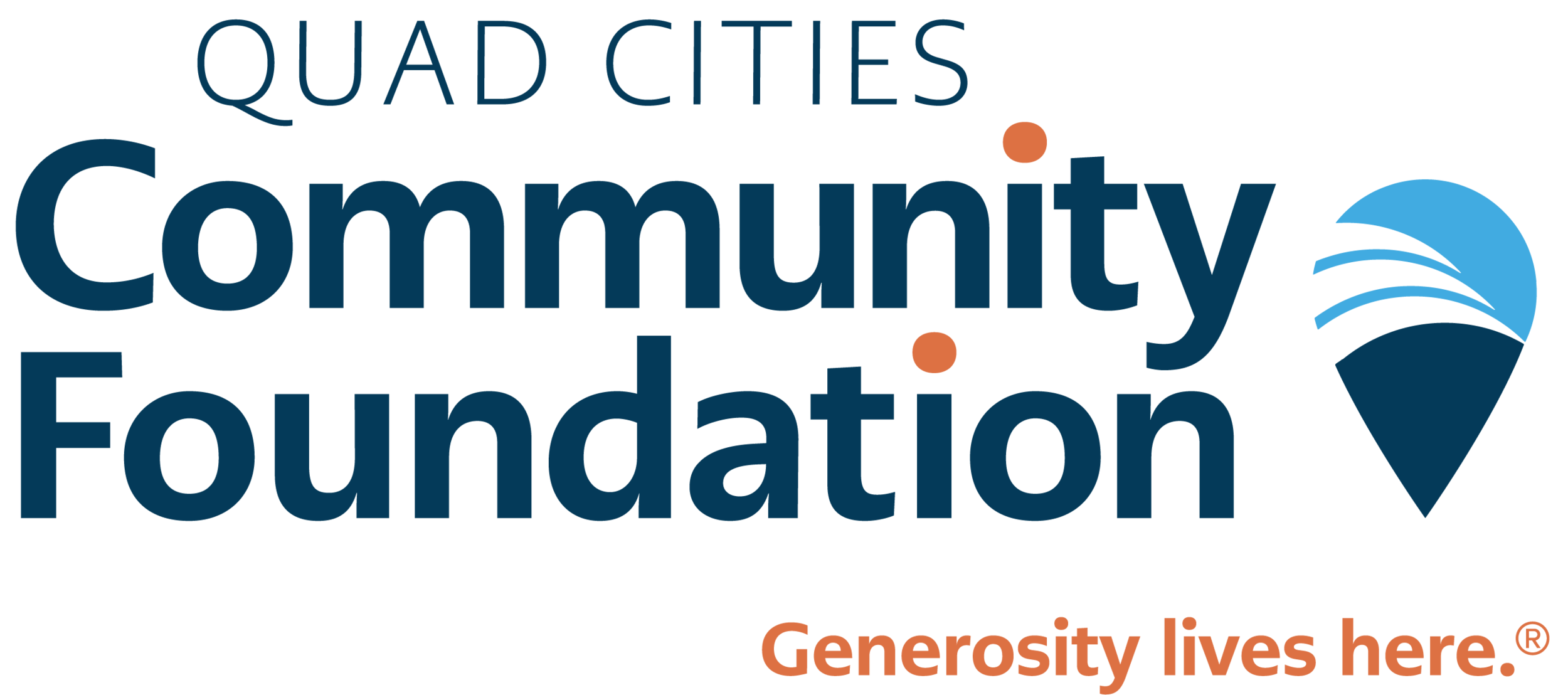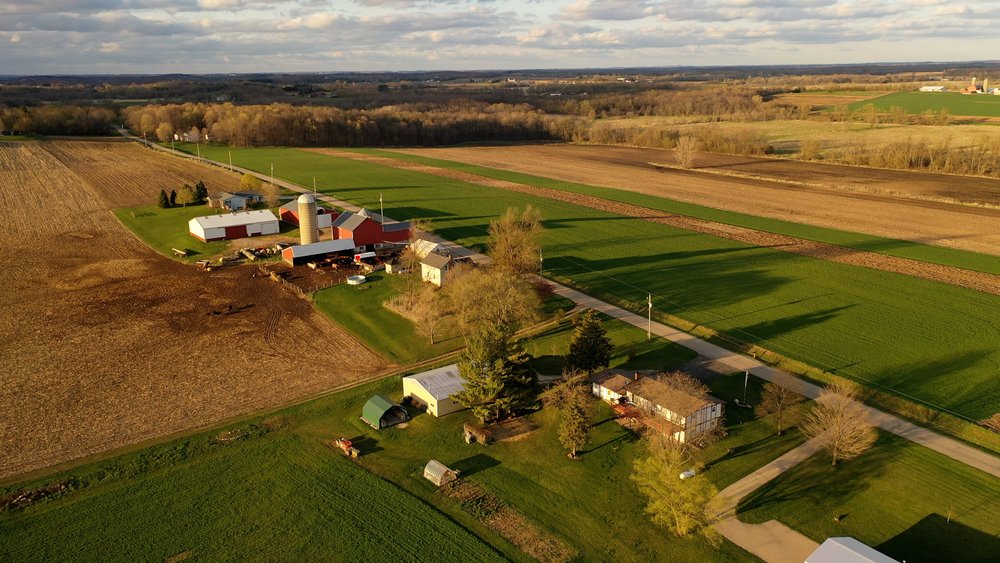Keeping farms and property working for your community
The Quad Cities Community Foundation works with donors to maintain the legacy of their land and property. “In many cases, families have cared for and worked on their property for generations,” said Anne Calder, Community Foundation vice president of development. “They want that legacy to continue—and even expand—after they have passed. We’re here to make that possible.”
Interested in learning more about the benefits of gifting property? Contact Anne Calder (AnneCalder@QCCommunityFoundation.org) to arrange a conversation about your legacy.
The Community Foundation accepts real estate and property gifts of many kinds. In our region, this includes gifts from people who own and operate farmland.
If you drive in any direction from the heart of the Quad Cities, you’ll find plenty of that land, including a gorgeous 160-acre tract of functioning and immaculately kept farmland that belongs to Leo Schubert and family.
Schubert, a retired educator, has had the land in his family for generations. “It was from my mother’s side of the family originally,” Schubert said. “They immigrated from Germany and purchased this land. The land has been actively farmed and managed ever since—it eventually found its way to me.”
Currently, the land is rented and worked by a local third-generation farmer, producing soybeans and other row crops. “The land was cared for by my family, and now it remains productive and cared for and part of the local economy,” said Schubert. “One section contains preserved forest. Farmland can have far-reaching environmental impacts, so it’s been important to maintain it consciously. We’ve focused on erosion control, encouraging native grasses, and things like that.”
After retirement, Schubert began discussing the land with his financial planner. “We considered selling it, but we want the land to remain beautiful and functional,” he said. “Eventually, we asked the Community Foundation, ‘What would you do with it?’ and they had a wonderful program in place.”
When the Community Foundation receives gifts of property, ownership of the land transfers. The Community Foundation can retain the land and use annual income from the farm to support local communities, nonprofits, scholarships, and other investments in the region that are meaningful to the donor who gifted the property.
“We first heard of the Community Foundation because of Teens for Tomorrow, their youth philanthropy program,” said Schubert. “They were incredibly helpful and professional throughout the estate planning process. We know they will be good stewards of the land and that it will continue to be a resource for the community.”
Combined, Iowa and Illinois are covered by more than 50 million acres of prime farmland. “We all rely on this land for the food we need and enjoy,” said Calder. “For farmers and landowners, farms are not just an investment—they are part of their family history and legacy. Many are realizing that land can provide for community causes while at the same time producing crops, livestock, and other products.”
“I have a belief that things are only valuable if they are cared for,” said Schubert. “This land has been cared for, and it’s given a lot back. I’m hopeful that that’s going to continue for many more years.”

